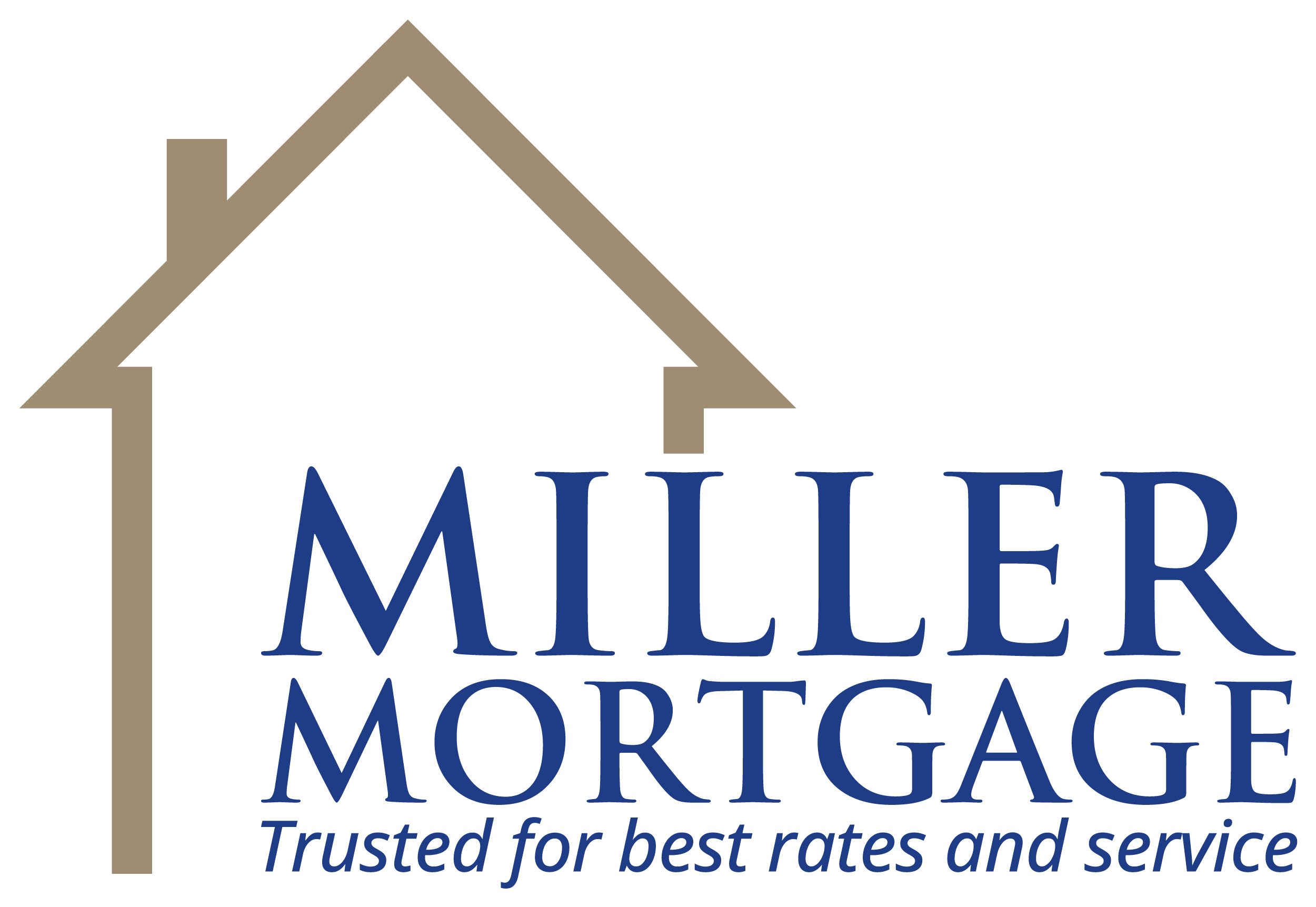If you have low or bad credit, you may believe that getting approved for a mortgage to buy a property is impossible. Certain lending programmes and lenders allow you to secure a mortgage even if you have negative credit, especially if you have a high down payment, large cash reserves, and a low debt-to-income ratio. Mortgage lenders across the country approve applications for first-time buyers with low credit scores every day. Mortgage lenders, including Local Mortgage Lenders in Massachusetts, are less concerned about negative credit than most people believe.
What Constitutes Poor Credit?
When your credit score or payment history falls short of your lender’s minimum guidelines, you have bad credit. What constitutes “poor” credit is determined by the type of loan you’re looking for: conventional, FHA, VA, or USDA.
Some mortgage lenders want a minimum credit score of 500 on a range of 300-850, while others require 580, 620, or higher.
Minimum credit scores vary by lender because lenders aren’t always concerned about your credit score. What they truly care about is whether or not you will repay them each month.
A mortgage lender uses credit scores as one of many factors. Lenders are also concerned with your employment stability, annual income, the home you’re purchasing, and other factors.
In other words, there is no such thing as bad credit in the eyes of a mortgage lender. There is just qualifying credit, which is the minimal credit score required for a mortgage application to be approved.
Mortgage Tips for People with Bad Credit
-
Understand your options. If you don’t qualify for a conventional loan, consider a VA, USDA, or FHA loan. You have options other than a conventional loan if you are a first-time homebuyer or otherwise qualify for low-income loan programs. VA and USDA loans have no down payment requirements and no minimum credit score, so check with your lender to see if you qualify.
-
Never give up easily. Before you get a yes, you may get a lot of no’s from lenders. Every mortgage provider is unique, and some can offer cheaper rates than others. According to research, obtaining multiple rate estimates can save you thousands of dollars over the course of a 30-year mortgage.
-
Consider using a Commercial Mortgage Broker. They might know which lenders are the best fit for your situation. (Lenders pay mortgage brokers; borrowers do not pay for their services.)
-
Before applying for a mortgage, spend a few months working on your credit. Paying off high-balance credit cards, making on-time payments, and disputing credit report inaccuracies can all significantly improve your credit score. A new credit card or a large purchase will lower your credit score, so avoid incurring or applying for new debt during the mortgage application process.
-
A large down payment demonstrates to a lender that you know how to save. A large down payment lowers the loan-to-value ratio, increasing your chances of obtaining the desired mortgage. Save at least 10% for a down payment. When you have more skin in the game, lenders regard you as less risky.
-
If your credit score is too poor to qualify, you can refinance with a guarantor or co-applicant. If you have poor credit, you may want to explore having a family member or acquaintance with superior credit co-sign your mortgage. This can help raise your application if the co-signer is able and ready to take on the loan. This is especially useful for spouses with varying credit scores.
Begin immediately and plan your strategy with an online pre-approval. It is never too early to begin, yet it can sometimes be too late. Get a consultation with us at Miller Mortgage, one of the best Refinance Lenders for low credit scores.









